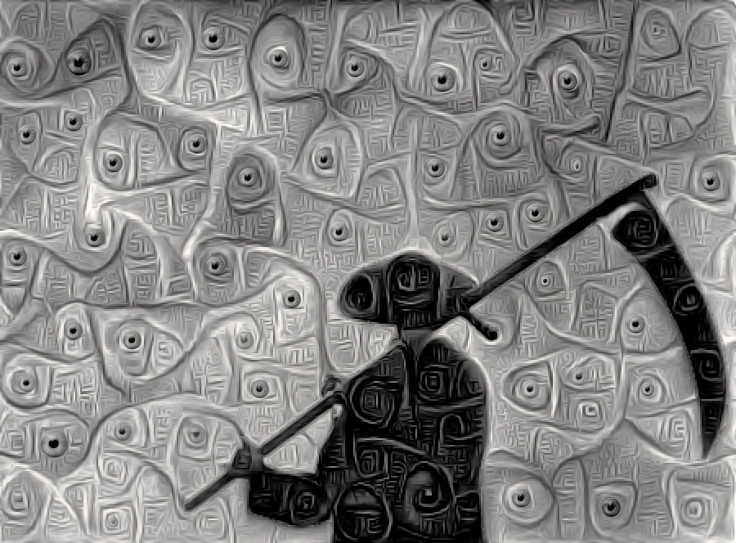Death And Dying: Surprising Ways Death Anxiety Influences Your Behavior

Unknowingly, every year, we pass the anniversary of our future death. We roam the Earth until an unexpected expiration date places us 6 feet under, but how does thinking about death (or lack thereof) shape our lives? According to Braincraft’s latest video, “The Surprising Ways Death Shapes Our Lives,” host Vanessa Hill explains, contemplating our mortality or avoiding the inevitability of death has surprising effects on our habits and behavior.
We all cope with the idea of death in different ways, like humor, as an anxiety buffer to make us feel more comfortable. In a 2013 study published in the International Journal of Humor Research, participants were instructed to think about death before looking at a cartoon photo. Those who thought about death wrote funnier captions, meaning an independent panel sat down and judged their captions to be more humorous.
This suggests thinking about our mortality influences our behavior. This is known as the terror management theory, which is when we employ defensive responses, like humor, to down-regulate stressful or traumatic feelings the concept of death can evoke. Death reminders can encourage creativity and open-mindedness, allowing us to develop our own way to cope.
The thought of death not only influences our reaction to it, but intensifies how our values guide our actions. A 1989 study published in the Journal of Personality and Social Psychology found after judges ruling in prostitution cases answered questions about their own mortality, they set higher penalties. On average, they set a $455 bond compared to a $50 bond from judges who didn't complete the personality test.
However, being reminded of our own mortality doesn't always lead to making positive decisions. Younger people can actually behave more recklessly when presented the idea of death. This is backed by the popular hashtag “YOLO,” also known as “you only live once” mentality.
In a series of studies, participants were asked to write about what would happen to them if they physically died. Following this task, those participants were more likely to show reckless driving behavior like running a red light or speeding. This stresses the influence the terror management theory has on our way of thinking.
The idea of death, the fear of it, haunts us like nothing else, for the mere fact that it is inevitable. So, avoiding the fact that one day we're going to die, shapes our habits and behavior, whether it comes from our conscious or unconscious. Until then, we should accept it and apply the “YOLO” mentality, responsibly.



























